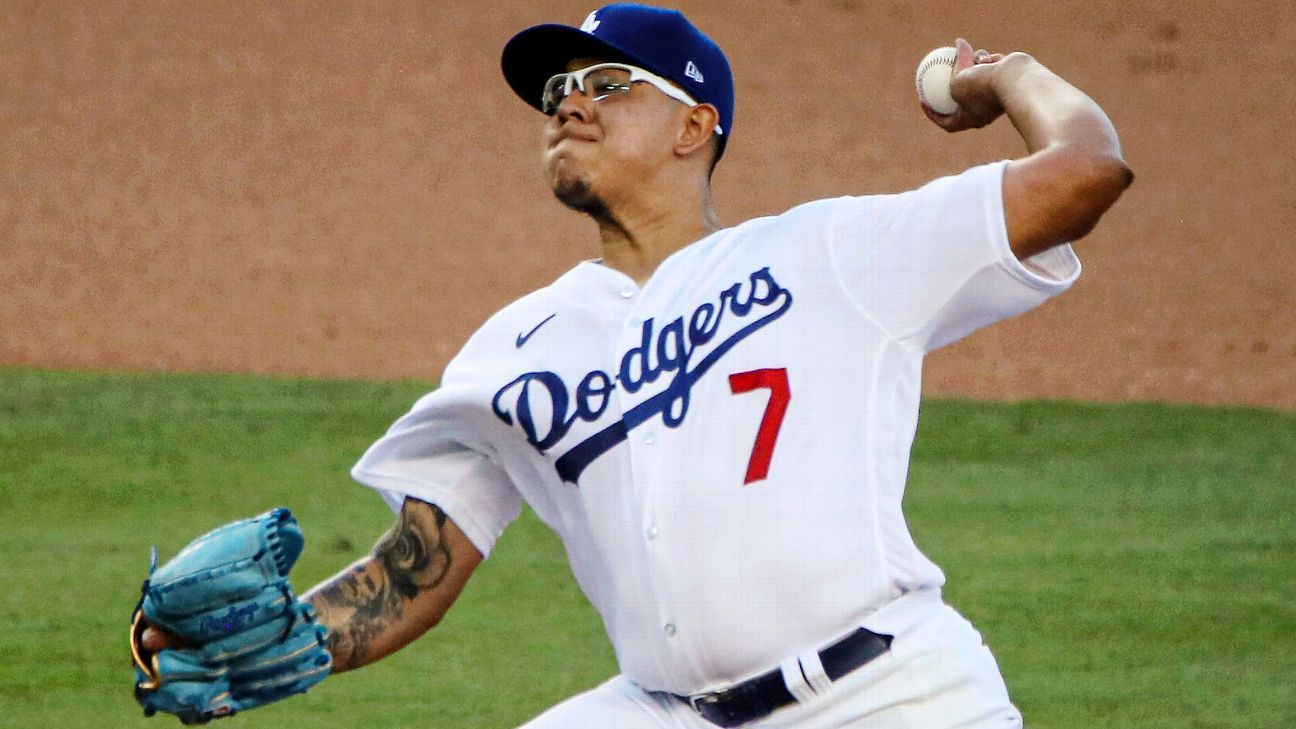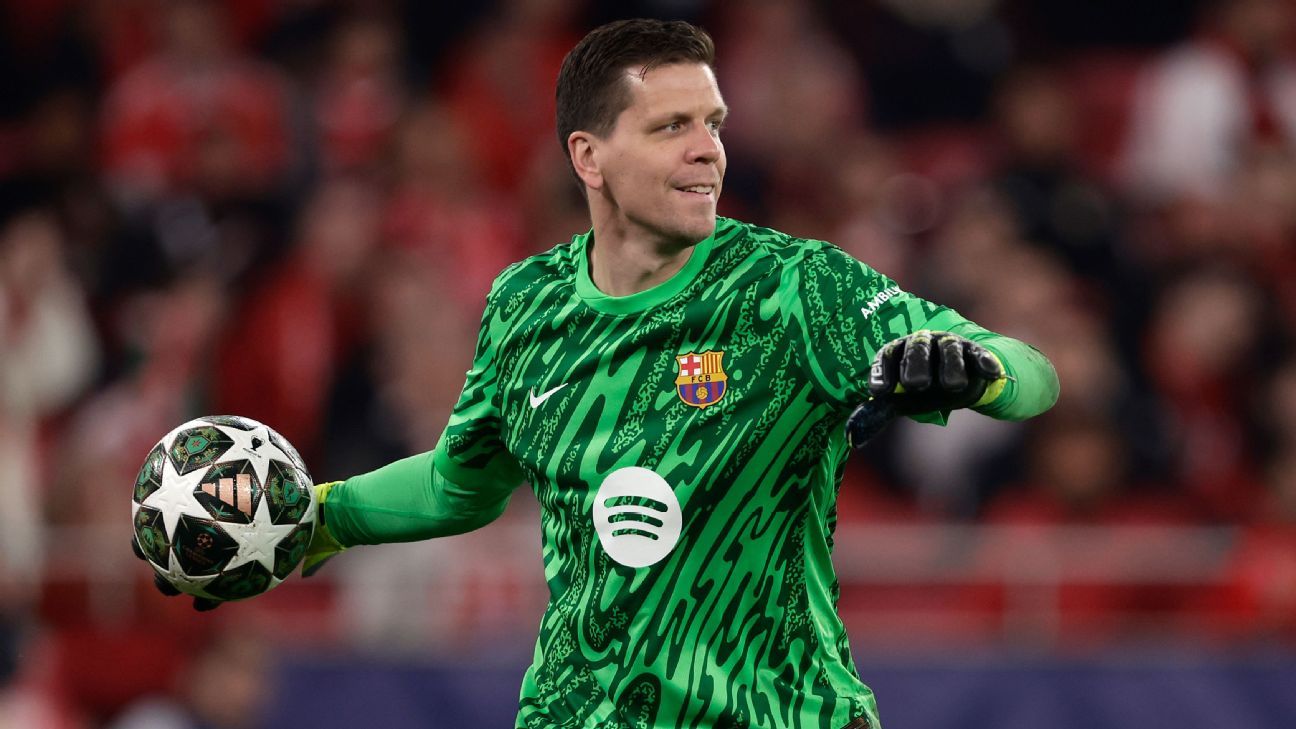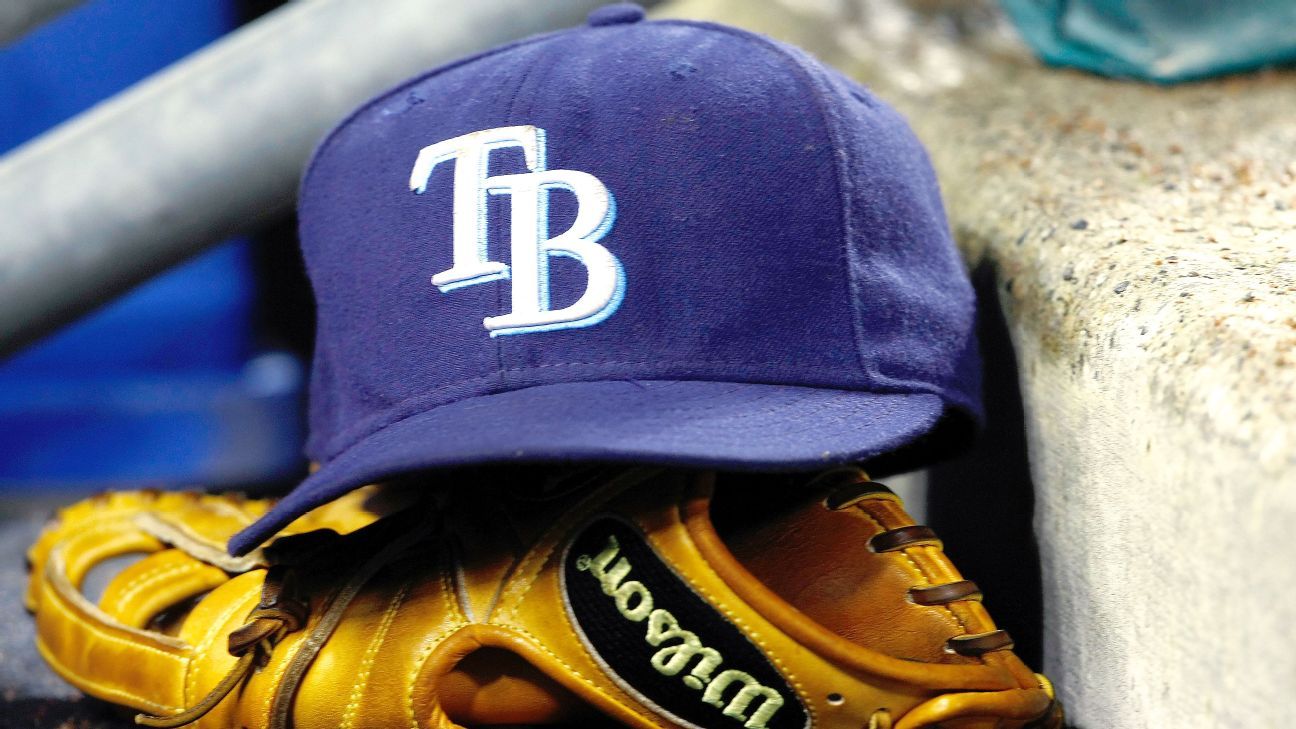
ARLINGTON, Texas -- Game 7 of the National League Championship Series began to look bleak in the top of the fourth, when there were two on, none out, and Los Angeles Dodgers manager Dave Roberts already had to deploy Blake Treinen, one of his most trusted high-leverage relievers.
"That wasn't part of the scenarios," Roberts said, smiling, after finding a way to manage his team through the 4-3 victory Sunday night that sent the Dodgers to their third World Series in four years.
It helped that Justin Turner produced a miraculous double play -- diving to tag Dansby Swanson on his way home, flipping to get Austin Riley as he made his way to third -- to get Treinen out of a two-on, none-out jam later in the inning.
It helped that Mookie Betts robbed Freddie Freeman of a home run in the fifth, turning in his third game-changing defensive play in as many days.
It helped that Enrique Hernandez and Cody Bellinger each capped eight-pitch at-bats with home runs in the sixth and seventh, respectively, tying the game and giving the Dodgers their first lead.
And it helped, at least as much, that Julio Urias breezed through the final three innings.
Urias, who threw a career-high 101 pitches in a Game 3 start, entered the seventh inning of a tied game and retired the next nine batters in order, requiring only 39 pitches to do so. With that, the 24-year-old left-hander became only the second reliever to close out a winner-take-all game with at least three no-hit innings. The other: Pedro Martinez in his famous six-inning performance in Game 5 of the 1999 American League Division Series for the Boston Red Sox against the Cleveland Indians.
"It was his moment," Roberts said of Urias. "I trust him. He was throwing the baseball well, and I wanted him to finish that game."
Urias was considered a can't-miss phenom when he broke out with the Dodgers as a 19-year-old starting pitcher in 2016. Then came shoulder surgery, which robbed him of almost the entirety of the next two seasons. He returned in time to become an important bullpen weapon for the Dodgers during their postseason run of 2018, then was used in a hybrid, multi-inning reliever for most of 2019. The 2020 season was his first chance at a solidified spot in the rotation, and Urias answered with a 3.27 ERA in 55 innings.
"Julio is very talented, he's very smart, and he's very tough," Roberts said. "We've handled him over the last four years with kid gloves, trying to build him up and put him in different roles -- some that he hasn't really liked and appreciated, which I totally get. But when it comes down to it, he just wants to pitch, wants to compete and wants to help the Dodgers win."
Roberts didn't know how much he could get from Urias when he turned to him for the start of the seventh. His three remaining non-closing, high-leverage relievers were Joe Kelly (wildly unpredictable), Victor Gonzalez (used mostly as a lefty specialist) and Pedro Baez (used each of the previous two days).
Clayton Kershaw, three days removed from his Game 5 start, was frequently moving around and trying to stay loose throughout the game. In the eighth, Kenley Jansen took off his sweater and began to do the same. Then came the start of the ninth. Urias jogged back to the mound, and the right-center-field bullpen at Globe Life Field remained still.
It remained that way until the final out settled into Bellinger's glove.
Urias' performance helped Roberts save Kershaw to start Game 1 of the World Series on Tuesday, his hope over the last couple of NLCS games. And it kept him from using Jansen, who struggled with his delivery until only recently and would have been appearing in his third consecutive game.
"Kenley was one of the first people who came and gave me a huge hug and congratulated all of us and talked about winning four more," Roberts said. "That just speaks to him as a leader and as a teammate."















 Phone: (800) 737. 6040
Phone: (800) 737. 6040 Fax: (800) 825 5558
Fax: (800) 825 5558 Website:
Website:  Email:
Email: 






